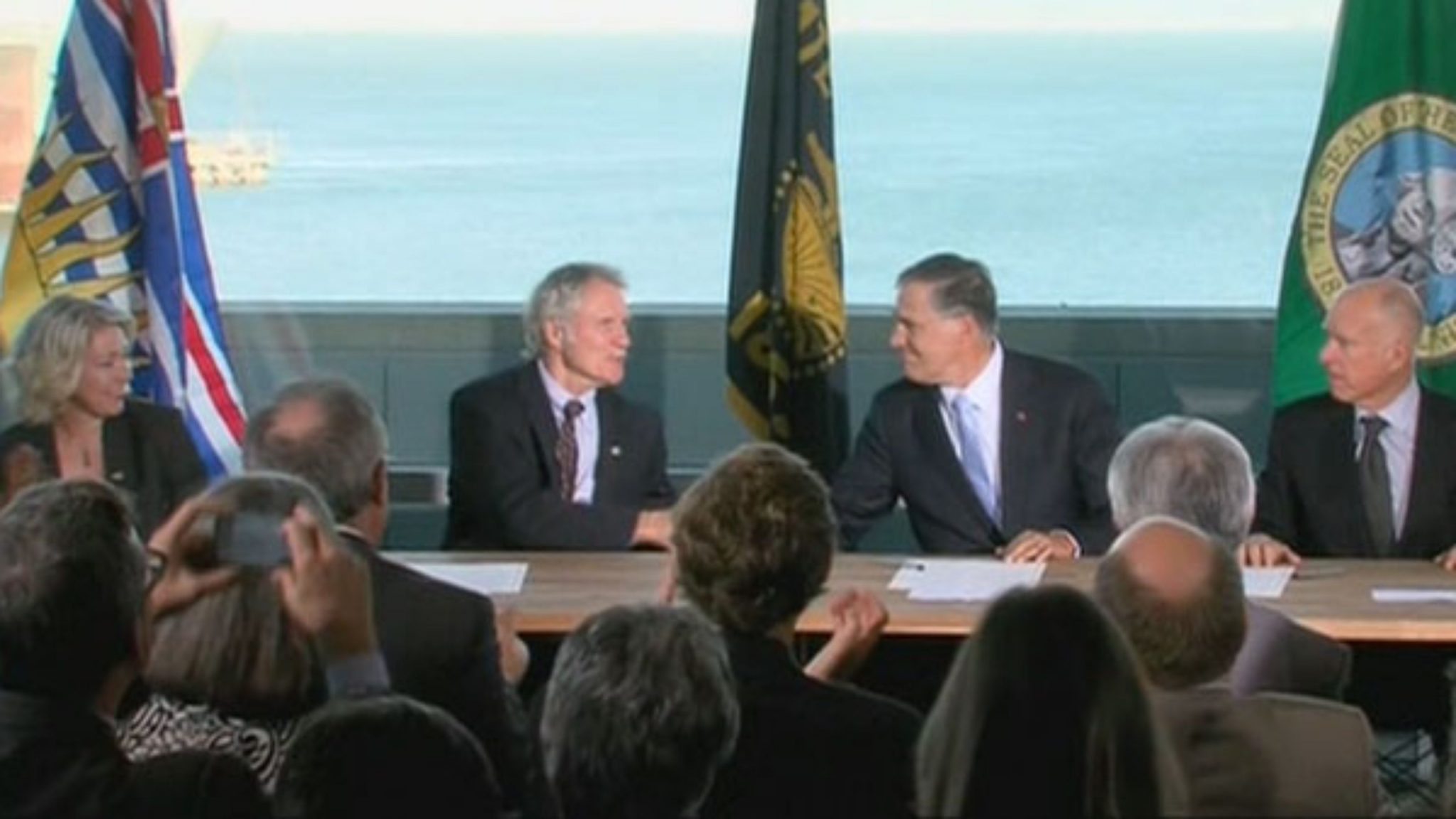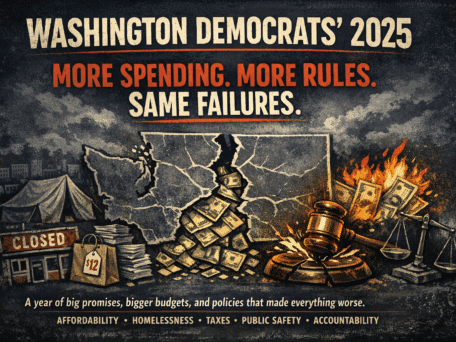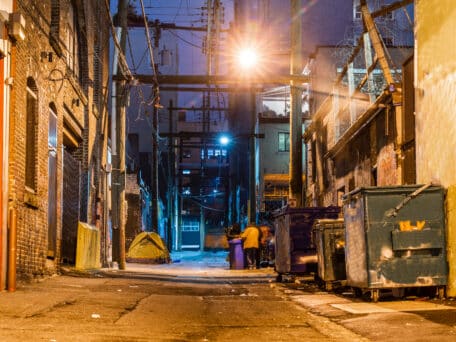Oregon’s disgraced Gov. John Kitzhaber may have stepped down, but that doesn’t mean members of his staff bid their jobs adieu. Margi Hoffmann, the former energy policy adviser to Kitzhaber, retained her position in current Gov. Kate Brown’s administration. That fact is particularly relevant given new emails recently uncovered by the Oregonian that reveal the reality of Kitzhaber administration’s “green” energy policies being considered by Oregon’s Democrat-controlled Legislature this week. The Oregonian,
“Among the things Kitzhaber considered, as the draft June 2014 report notes, was a legislative push to “Create a transition to a price on carbon.”
“According to the road map Hoffmann laid out, the governor would first determine whether “there is a viable pathway to victory on the ballot.” To that end, those involved would “design several carbon taxation or carbon pricing policy mechanisms, like cap and trade, cap and dividend, carbon tax, revenue neutral carbon tax.” If “a pathway to victory on the ballot is identified,” then the governor would “decide whether or not to use that to force a conversation in the legislature” by introducing the necessary bill or bills.
“Here’s where the refreshing honesty comes in. The downside of such a legislative “conversation,” Hoffmann wrote, is that it “could suck a lot of air out of the room for not very much gain in terms of emissions reduction.” That is, of course, precisely the problem with state-level climate policies like those favored by Oregon’s environmental left and allied legislators: They just don’t accomplish much. Oregon, a small state with a very small carbon footprint, was responsible for less than seven tenths of 1 percent of the nation’s carbon emissions in 2012, the most recent year for which the U.S. Energy Information Administration has numbers. Marginally reducing a tiny number delivers, naturally, an even tinier number.”
Shift has pointed out time and time again that similar extreme green policies proposed by Jay Inslee, including his cap-and-tax scheme and fuel mandate, would result in high costs to consumers with little to no benefit in actually reducing carbon emissions. The reality is that Washington State contributes only three-tenths of 1 percent of the world’s greenhouse gases. Crushing our state’s economy with heavily “green” regulations would not positively impact global climate, but they would negatively impact Washingtonian’s pocketbooks. The emails uncovered by the Oregonian prove that extreme “green” activists and their Democrat supporters recognize this reality. The problem is, they don’t care.
Inslee’s cap-and-tax may have died—he could not even muster enough support among members of his own party to pass the scheme in the state House—but his fuel mandate plan is alive and well. Inslee’s fuel mandate promises to reach in the pocketbook of every working family, draining daily budgets. Inslee’s own consultant projected that his fuel mandate could essentially result in a $1.17 per gallon gas tax. Though Inslee denies this figure—going so far as to have his consultant take back his words—energy experts have confirmed the accuracy of the $1-plus gas tax estimate.
Unfortunately, that’s not all Washington’s taxpayers have to worry about. State budget writers have predicted that reaching Inslee’s defined carbon reduction goal “would add an additional $1.47 to the cost of a gallon of gasoline in 2035, and cause a substantial price increase in natural gas.” The costs extend far beyond gas prices to heating homes and purchasing consumer goods.
Inslee is determined to pursue his extreme plan to combat global warming regardless of the burden on working families. He has ignored scientific evidence which debunks the very claim he bases his fuel mandate on. Though he placed his extreme policies on the 2014 ballot, Inslee has refused to recognize voters’ message of rejection. He has made it clear that he considers an executive order a valid means to achieve his ends— going around the elected legislature to jam through a fuel mandate that will do virtually nothing to impact global carbon emissions.
For extreme “green” activists and their Democrat supporters, reality is simply not good enough. That’s why it is so important to ensure a safeguard against Inslee’s ability to bypass the state Legislature and implement a fuel mandate by executive order. The bi-partisan transportation package passed by the state Senate includes a consumer protection provision—dubbed a “poison pill” by Democrats—that provides such a safeguard. The Democrat-controlled state House’s transportation proposal, of course, does not. The two houses are in negotiations.




